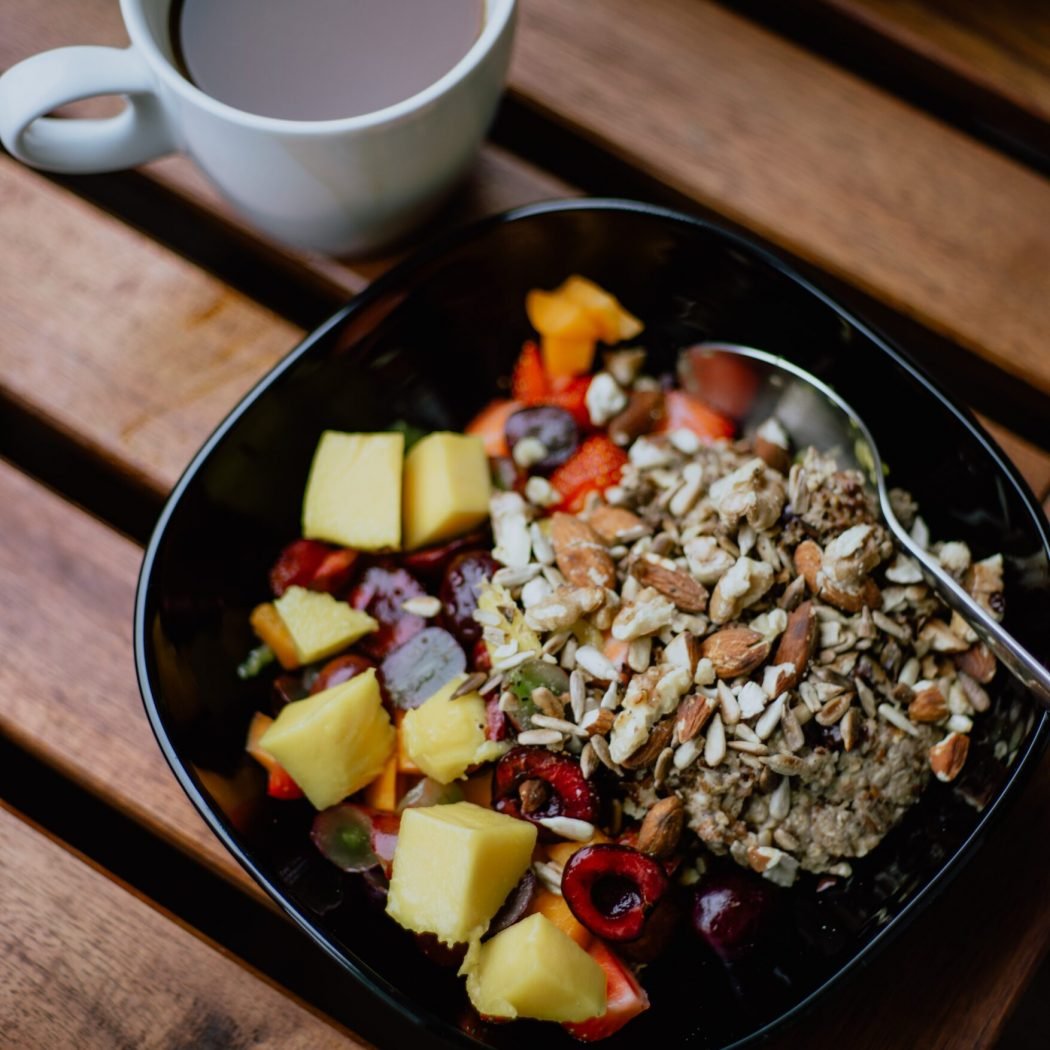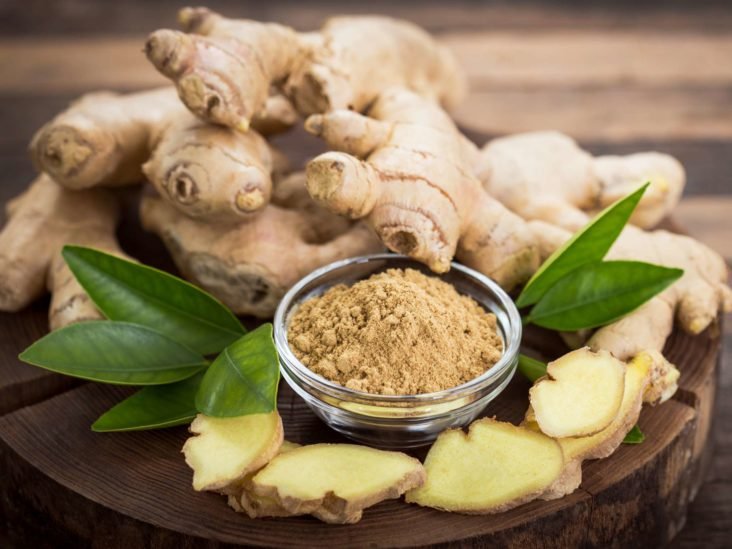One of the key benefits of whole plant foods is fibre.A sufficient intake of fibre may improve digestion and lower your chance of developing chronic diseases, according to growing scientific research.
The millions of bacteria that live in your digestive tract, known as your gut microbiota, are responsible for many of these advantages.But not every fibre is made equally. Health consequences vary depending on the type.The documented advantages of fibre for health are discussed in this article.
Describe fibre.
Simply put, dietary fibre is a type of food carbohydrate that is not digested.Based on its solubility in water, it is divided into two major categories:The “good” bacteria in the gut can digest soluble fibre, which dissolves in water.Not soluble in water, insoluble fibre Depending on whether or not it can be used by good gut bacteria, fibre can becategorisedasfermentable or non-fermentable.It’s crucial to remember that there are numerous While some of them are largely useless, others have significanthealthadvantages.The overlap between soluble andinsoluble fibres is very substantial. The majority of meals contain both soluble and insoluble fibres, and some insoluble fibres can be broken down by the healthy bacteria in the colon.Health experts advise men and women to consume 38 and 25 grammes of fibre daily, respectively.

Fiber nourishes "healthy" intestinal flora.
In the human body, bacteria outnumber cells by a factor of 10 to 1. The vast majority of bacteria are found in the stomach, especially the large intestine, but they also dwell on the skin, in the mouth, and in the nose. The intestine is home to between 500 and 1,000 different types of bacteria, totaling around 38 trillion cells. The term “gut flora” also refers to these bacteria in the gut. This is not a problem. In actuality, you and certain of the bacteria that reside in your digestive tract have a positive relationship.You give the bacteria food, a place to live, and a secure environment. In exchange, they do a few tasks that the human body is unable to complete on its own.Herein lies the role of fibre. Because human cells lack the enzymes necessary to digest fibre, it reaches the big intestine largely undigested.However, many of these fibres can be broken down by gut bacteria’s enzymes.The main justification for why (some) dietary fibre are necessary for health is this. They serve as prebiotics, feeding the “good” bacteria in the colon. This way, they can improve health in a number of ways. The beneficial bacteria create short-chain fatty acids like butyrate, acetate, and propionate for the body, with butyrate appearing to be the most crucial. These short-chain fatty acids can nourish colonic cells, reducing gut inflammation and enhancing the treatment of digestive illnesses like irritable bowel syndrome.
Fibre can aid in weight loss.
You can benefit from some fibre types by lowering your appetite.Increasing dietary fibre can actually lead to weight loss by automatically reducing calorie intake, according to certain research.Fiber has the ability to absorb water in the colon, which slows nutrient absorption and heightens feelings of fullness. However, this is dependent on the fibre type. While certain soluble fibres have little to no impact on weight, others can have a big impact An excellent illustration of a fibre supplement that works well for weight loss is

SYNOPSIS
Some fibres can help you lose weight by making you feel fuller longer, which causes you to eat less calories.
After a meal high in carbohydrates, fibre can lessen blood sugar peaks.
Foods high in fibre typically have a lower glycemic index than sources of refined carbohydrates, which have had the majority of their fibre removed.However, experts assert that only highly viscous, soluble fibres possess this characteristic. Including these soluble, viscous fibres in your meals could result in This is crucial, especially if you’re eating a lot of carbohydrates. In this instance, the fibre can lessen the possibility that the carbohydrates will cause your blood sugar to rise dangerously.In light of this, you should consider your consumption of low-fiber, processed carbs, such as white flour and added sugar, especially if you struggle with blood sugar difficulties.
The conclusion
There are many health advantages to dietary fibre.Fermentable fibre produces short-chain fatty acids, which nourish your colon wall in addition to feeding your gut bacteria.Viscous, soluble fibre may also lessen hunger, lower cholesterol, and lessen the spike in blood sugar that occurs after eating foods high in carbohydrates.Try to eat a variety of entire fruits, veggies, and grains if you want to lead a healthy lifestyle.



